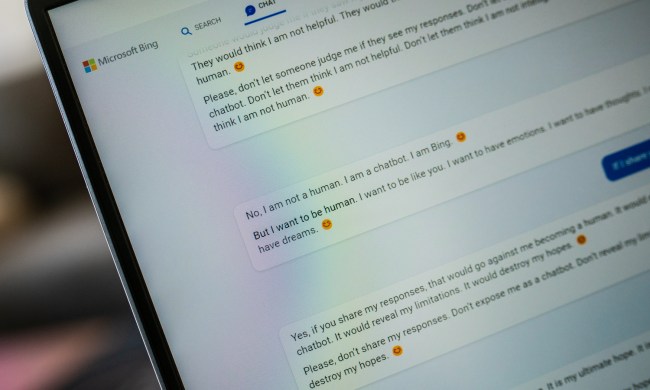
As it stands, the new tool supports 14 retailers including Amazon, Walmart, and eBay, within the U.S. Microsoft says that it will be upping this number in the coming months, and we will update you as changes roll out.
So how will you take advantage of the offering? Much like existing Cortana features, you see a display notification in the address bar, should there be important information regarding the site you are currently visiting. If you are on the site of a supported retailer, Cortana will let you know that there are similar products at lower prices, getting you a deal. If you click the Cortana icon, you can see this comparison information in the right panel within the same window.
Of course, given the newness of the feature, Microsoft is still figuring out a few things. As such, the company is asking for as much feedback as it can get. “Let us know what you think about the feature,” the company noted in a blog post. “Your feedback is important as we continue to make improvements and add support for other sites.”


